Keeping Talents And Teams Engaged, Aligned & Productive
March 23, 2023
Hear from our Co-Founder, Hans Meyer, about how you can keep talent and teams, engaged, aligned, and productive in a new era of hybrid work.
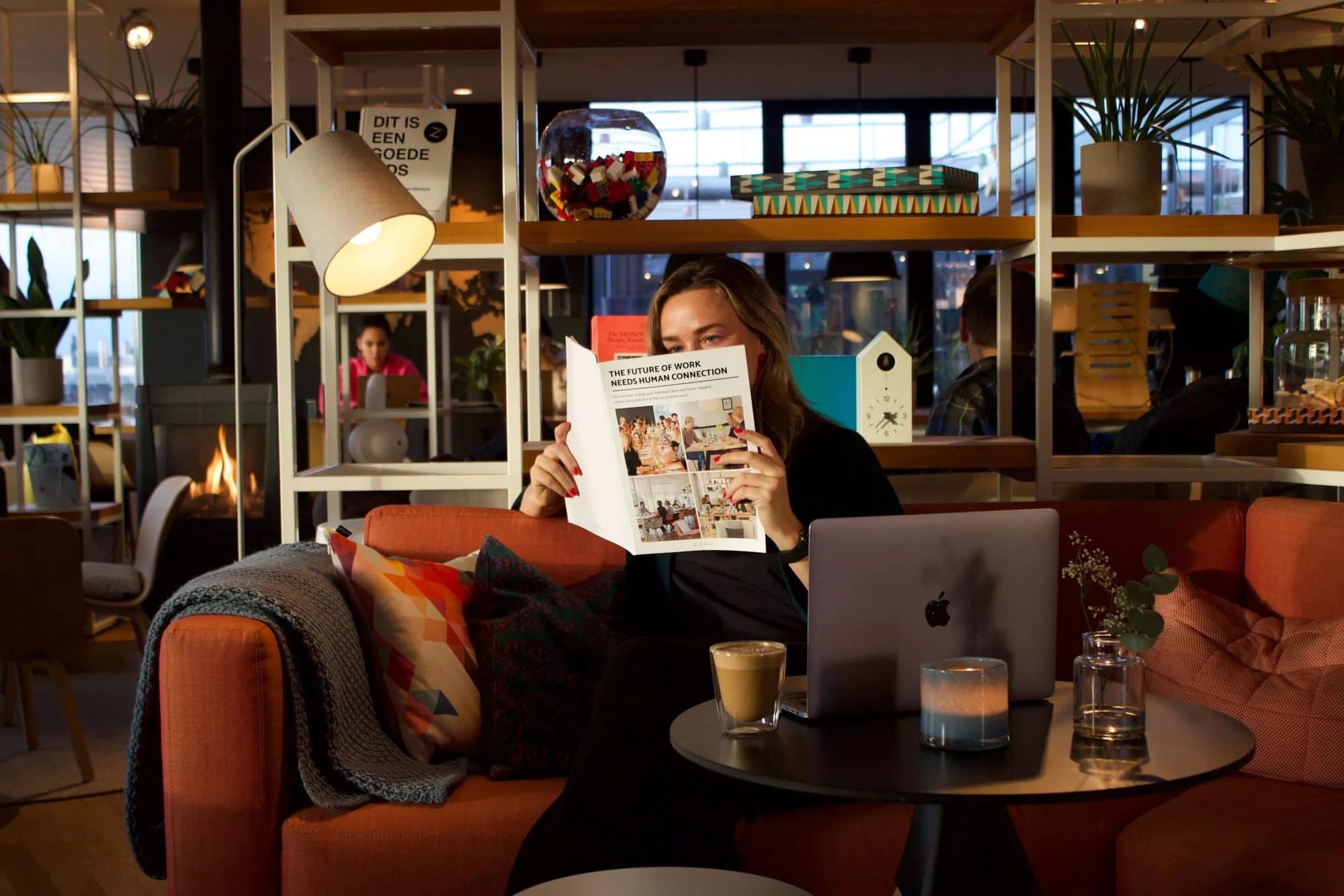
About a decade ago, I began noticing a new kind of movement in our industry. Apart from seeing the usual tourists and business travelers, I started to witness people roaming from city to city in search of new experiences and faster Wi-Fi, taking their work with them wherever they went. These were early remote workers, and from my first conversations with them, I knew I had to understand what they foreshadowed for the future of work.
So I put myself in their shoes. I visited Bali, Buenos Aires, and Washington D.C., learning first-hand what it was like to work and live in each city for an extended period of time. I embraced the slower pace that remote work/travel offered, immersed myself in local cultures, and investigated the pain points that were involved in my travels. In other words, I experienced what it was like to “work from anywhere.”
I was surprised to find that the hardest part of living this lifestyle wasn’t the language barrier, the need to adapt to new cultures, or being unfamiliar with how to best navigate a new city, but rather the feeling of loneliness that occurred when finishing a hard day’s work alone. This discovery led me to carefully consider the human experience of remote work. Taking this into account when conceptualizing Zoku, our founding team recognized that the next generation of workers would become more mobile, collaborate both virtually and in-person, and enjoy greater flexibility in their work. So when we first opened our doors in 2016, we incorporated hybrid solutions to proactively account for this in our design and model.
There were of course also downsides to this discovery. We anticipated that future employees would become more isolated and disconnected from their teams than ever before. So we’re proud to say that our mission at Zoku feels more relevant now than ever:
“To provide spaces where human connection is seamless, fun and meaningful.”
Fast forward to 2021, and most of us work remotely for at least some period of time. And what have we noticed? That many of us have expressed that we’ve greatly missed in-person human connections during the COVID-19 pandemic. The same issue of loneliness from over a decade ago is now impacting even more people on a global scale.
Many companies have been profoundly disrupted by this sudden transition to remote work, while business leaders simultaneously struggle to keep pace with their teams’ evolving demands and learn how to best balance office versus remote work in the most effective way. The events of the pandemic have called into question just about every assumption the world previously held, and these consequences will impact the way we work, live and connect for decades to come. While there are still many lessons to be learned, two things have quickly become apparent when the world suddenly switched to working remote:
- Productivity can happen anywhere.
- Not all spaces are equally productive.
Whether working from home means working at a self-made home office or at the edge of a cluttered kitchen table, everybody has gained a new perspective on how their surrounding space impacts their productivity. More people report feeling more productive overall and few people missed the drudgery of the morning commute.
The pandemic has also highlighted the shortcomings of remote work. Employees report higher rates of burnout, that team cohesion is suffering, and people are feeling more alienated and disconnected than ever before. Despite these downsides, however, it has become clear that many workers would sooner change jobs than return to the office full-time, as was previously the norm. The question of workspace location has become a key topic in discussions of the future of work.
Offices are being downsized, repurposed or abandoned altogether. Striking the right balance of hybrid work isn’t just a matter of maximizing operational efficiency – it’s critical to sustaining positive company culture and attracting and retaining the world’s top talent too.
As companies look ahead, they’re adapting lessons they learned from remote work into existing practices, with varying degrees of difficulty. Each company has its own unique requirements to consider, but…
“We believe the most successful companies during this transition will be those that design how they operate around human connection.”
It’s from close, meaningful relationships that we draw our best inspiration and most innovative work.
Here at Zoku, our priority is to continue delivering on our mission to facilitate human connection as we roll out our concept internationally. City by city, we remain dedicated to bringing people together in spaces that inspire understanding, foster creativity and build more productive relationships.
In our latest white paper, I’m proud to share our accumulated research and learnings about remote and hybrid work, human connection, and the future of workspaces. I hope our insights can help you discover the best way to strengthen connections and create an effective work environment for your team.
–Hans Meyer, Co-Founder & Managing Director at Zoku
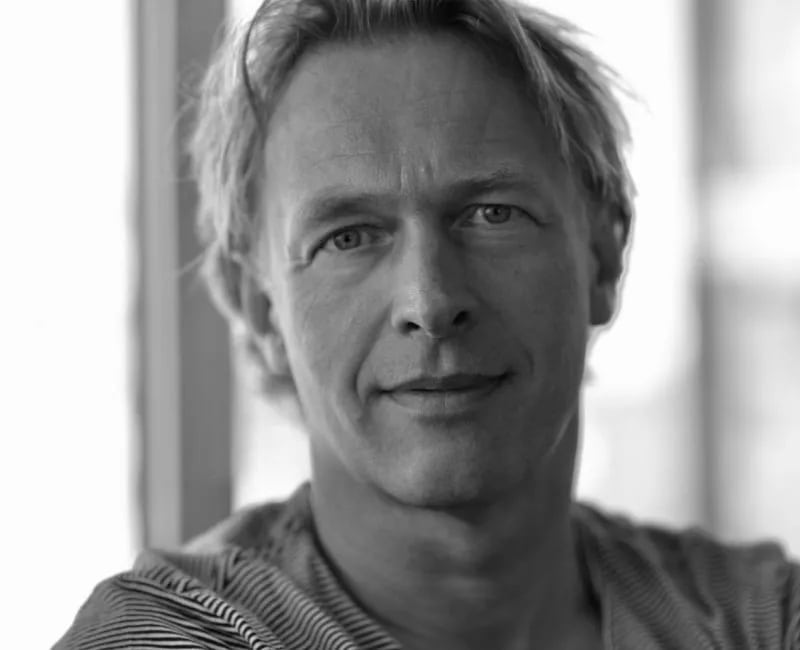
Get to know Hans
Hans is one of the Co-founders and Managing Directors at Zoku. A firm believer of value creation and innovation for the international hospitality industry, Hans is the initial creator and previous founding partner of the citizenM hotel concept and held senior corporate positions in operations and development for different international hotel chains.
Experiencing life first-hand as a digital nomad, Hans lived and worked remotely throughout Europe, Africa, The Middle-East and Central America. This allowed him to discover a gap in worldwide hotel accommodation and inspired him to create a hybrid, community-focused living and working solution that was yet to exist in the hospitality industry.
Hans is now a thought leader for subjects related to the future of work, hybrid work solutions, and innovation within the hospitality and startup sectors. He passionately mentors companies and leaders to learn the benefits of creating a hybrid workplace, the power of creativity in conceptual design, and how to create a ‘people-first’ culture.
SHARE
Sign up for our newsletter and be the first to know about the fun things happening at Zoku Amsterdam
Related articles
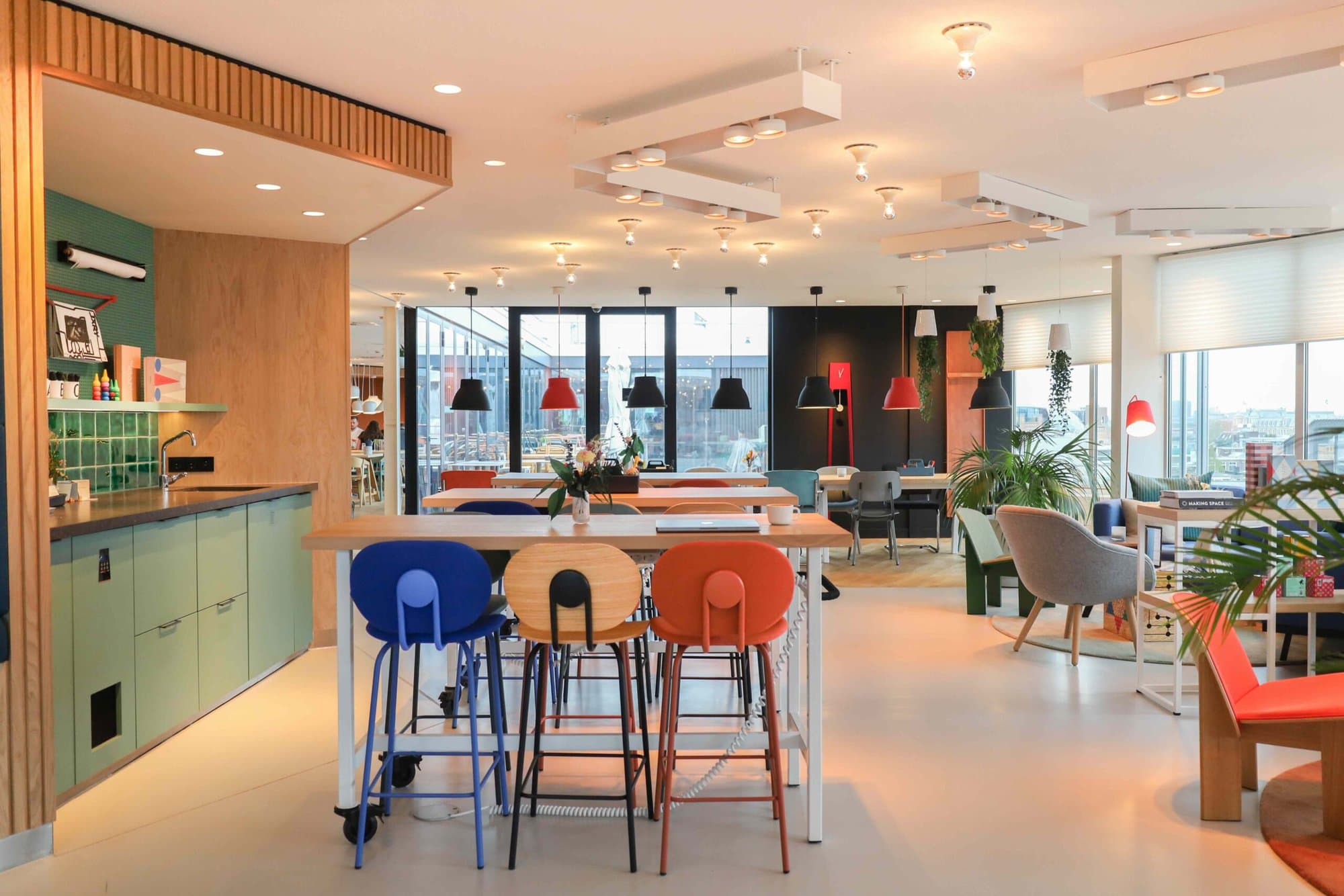
The secret’s out: our rooftop just got a major upgrade. Find out how we combine coworking, dining, events, and relaxation into one seamless space.
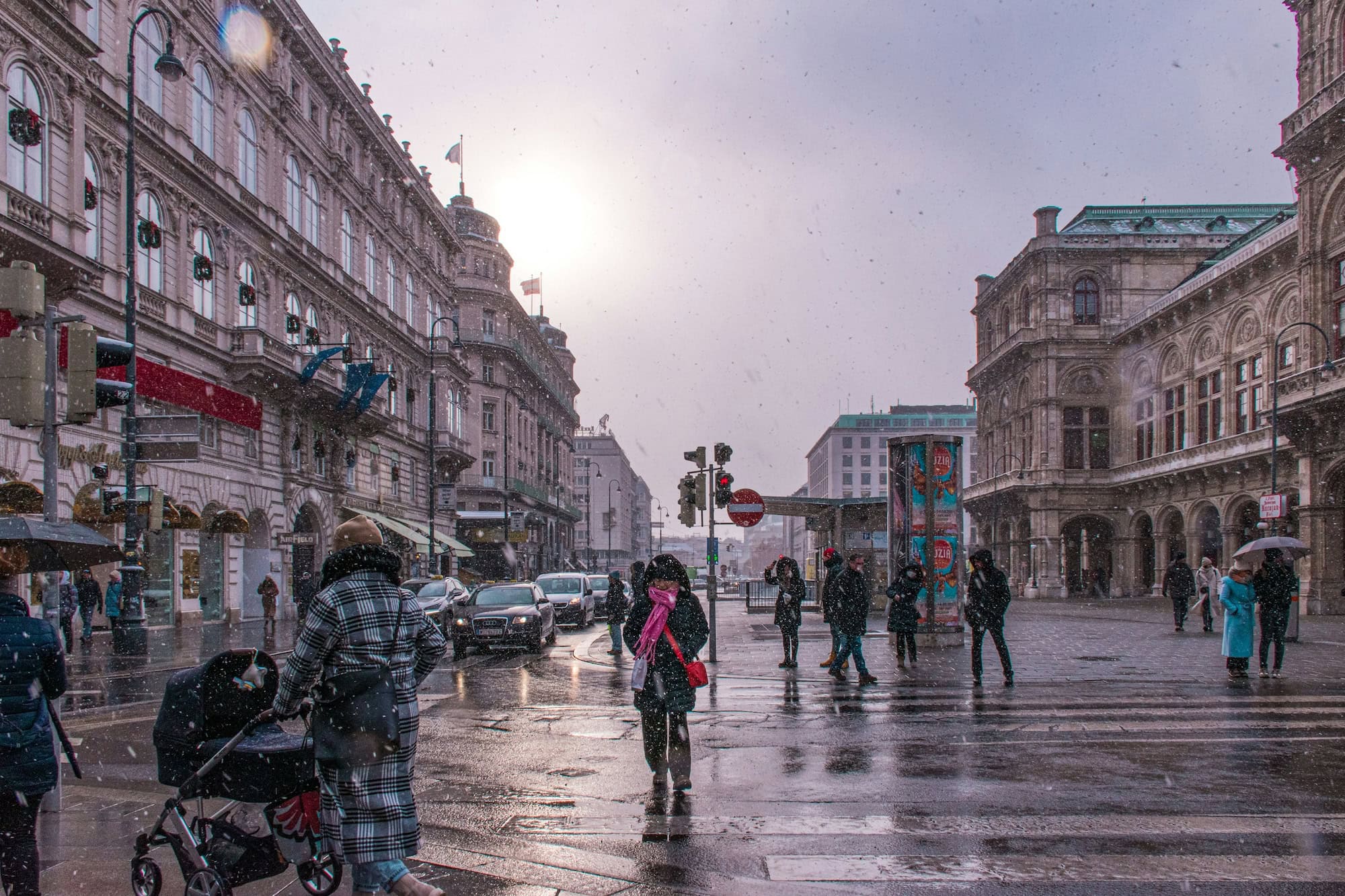
Embrace the warmth of winter in Vienna with classical music, wine tastings, and modern art.

Experience the magic of winter in Paris with dazzling ballet, vibrant night markets, and hot chocolate stops.
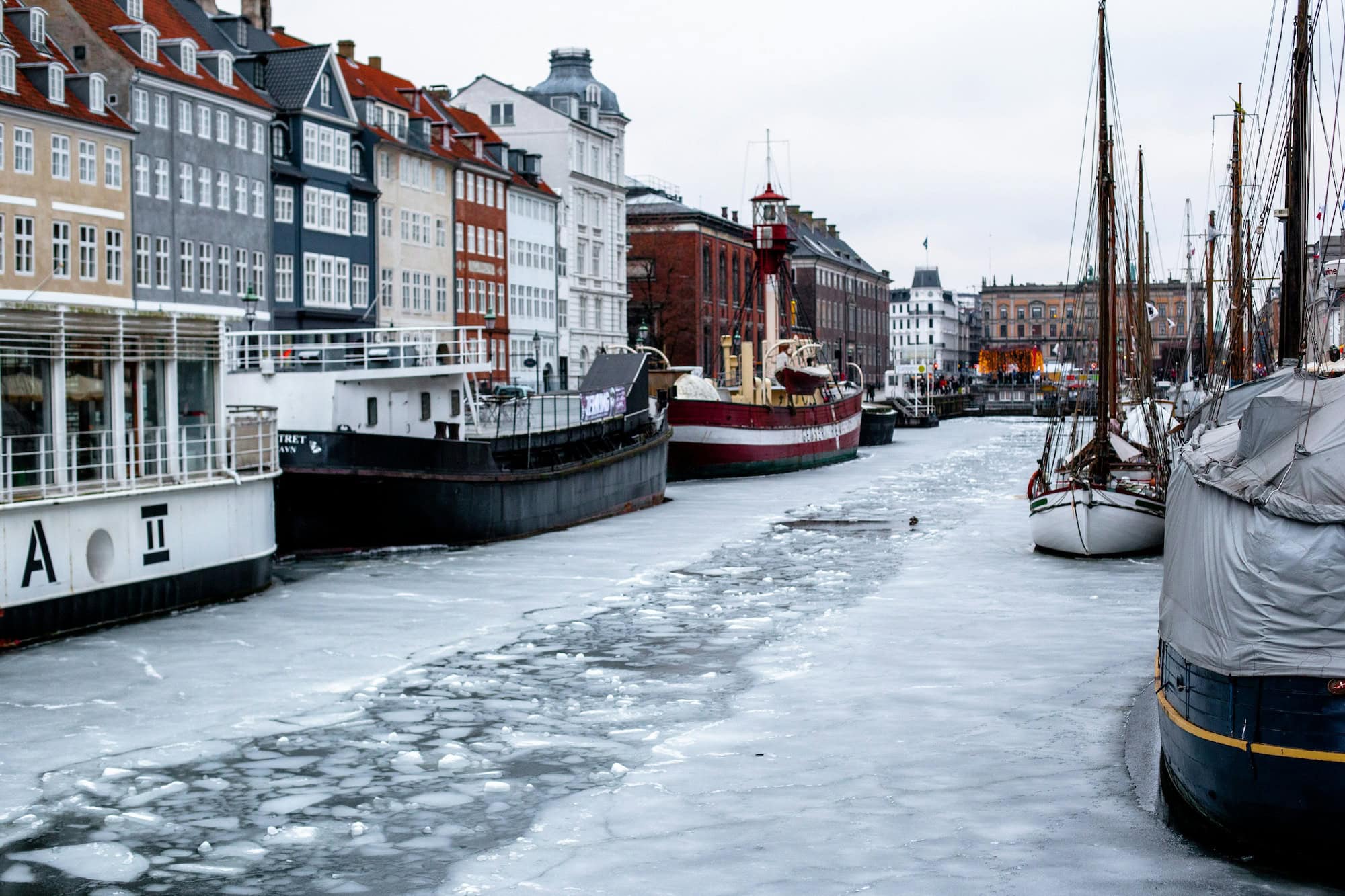
Explore winter in Copenhagen with dazzling light festivals, relaxing saunas, and festive events!
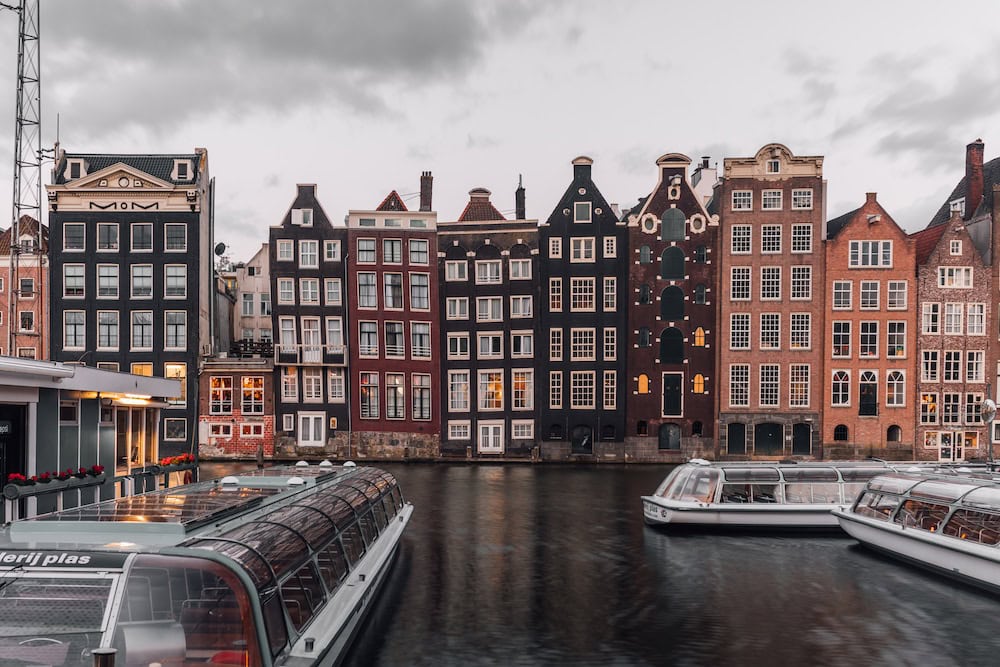
From glowing canals to wellness hubs, embrace the magic of winter in Amsterdam with our guide.

Discover the benefits, challenges, and how adaptable spaces like Zoku optimize remote work.

Discover tips for relocating to Paris, including visa requirements, housing and cultural insights.

